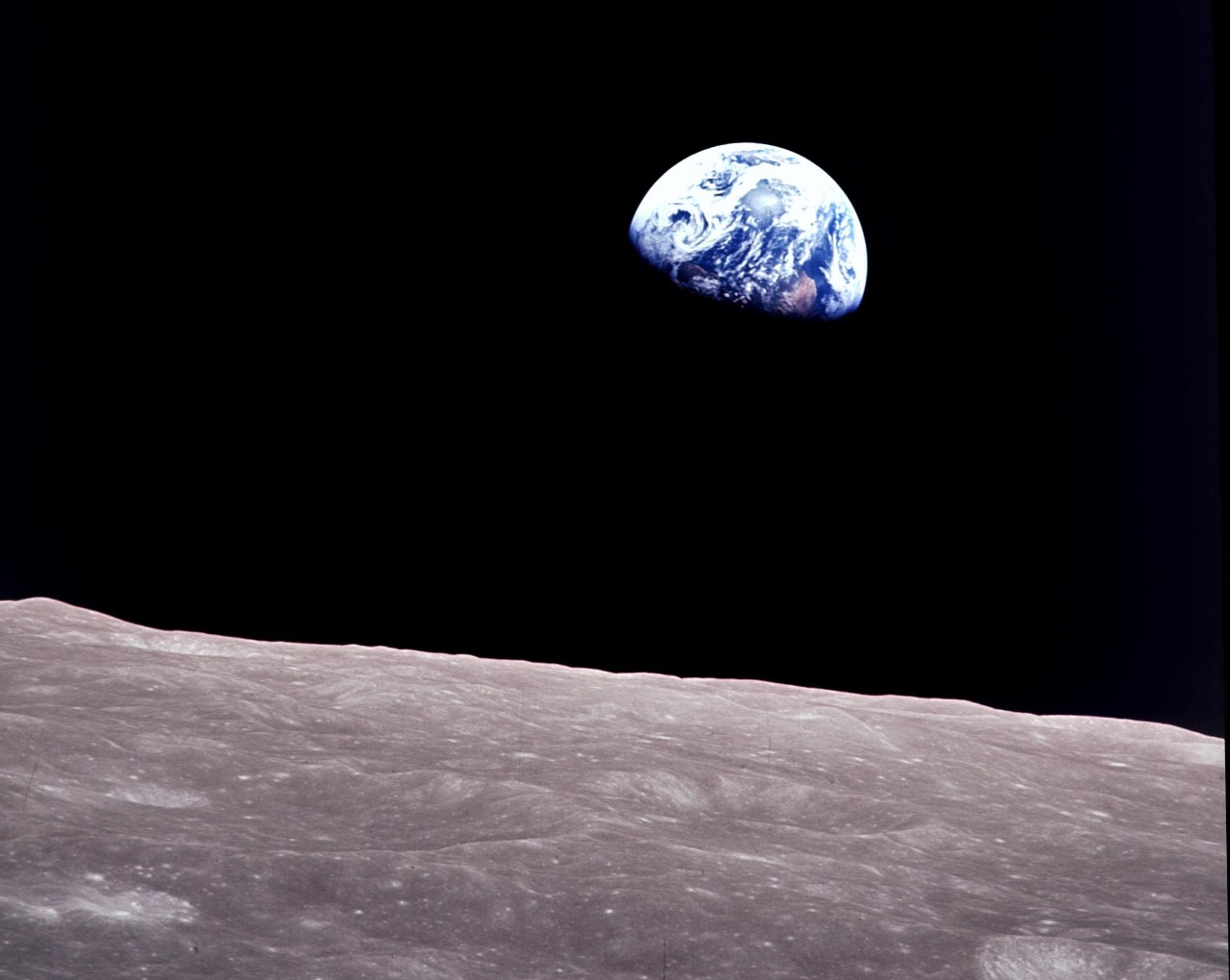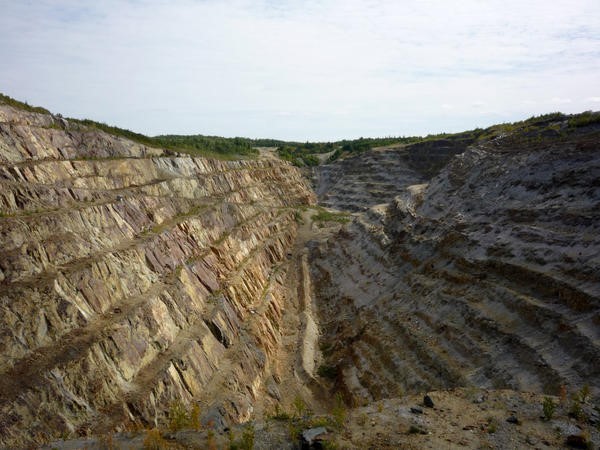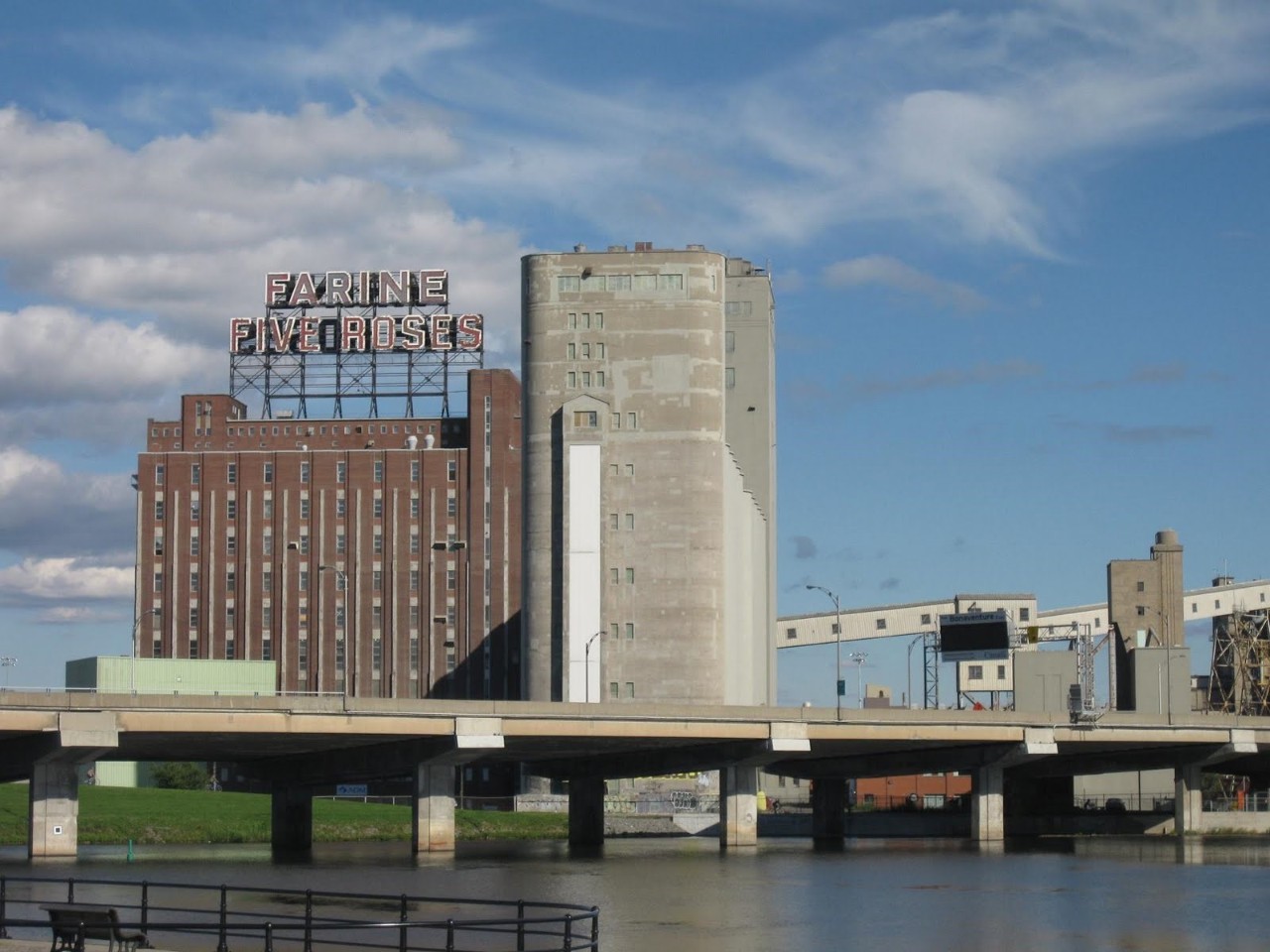December 24th 1968, outer space. Williams Anders, a member of the Apollo 8 mission, photographs the Earth rising on the lunar horizon: Earthrise. The picture becomes instantaneously famous, permeating every corner of popular culture. For the first time in its history, humanity can contemplate the unambiguous finitude of its habitat. Thus, a new consciousness is born: this limited planet might not be able to sustain unlimited growth. The expanding occupation of territories and the ruthless exploitation of natural resources, intensified by technical progress and the competitive logic of capitalism, might not lead to global happiness, but to global crisis.
In our present this crisis appears to have arrived. Loss, extinction, disaster, catastrophe, seem to define our situation in relationship to the environment, each other, and the other species inhabiting our earth. This workshop will use the space of Montréal and Québec to begin asking how we might imagine, and design, a future earth without escaping or denying the ruins of the one we inhabit? How shall we design and encounter the ineffable without denying history, colonialism, or normalizing violence? What forms of knowledge and experiment might produce non-normative ecologies of care between life forms? How shall we inhabit the catastrophe?
This workshop will bring together the disciplines of the arts, humanities, social sciences, and sciences to collectively investigate this question of how we shall inhabit the world in the face of the current ecological crisis and to rethink concepts and practices of environment, ecology, difference, and technology to envision, and create, a more just, sustainable, and diverse planet.
The course will include field visits to extraction sites, energy infrastructures, earth science installations, and speculative architecture and design projects.


 Picture courtesy of NASA / Bill Anders (public domain)
Picture courtesy of NASA / Bill Anders (public domain)



